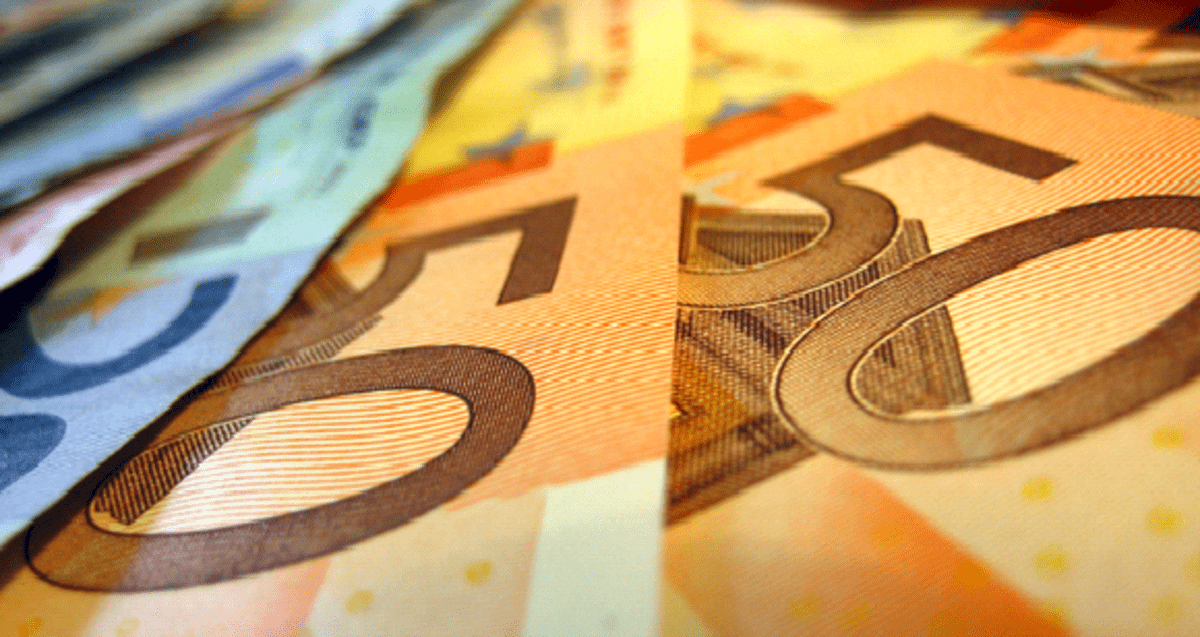AUTHORS: Dominic Hogg-Mikael Skou Andersen-Tim Elliott-Dr Chris Sherrington-Thomas Vergunst-Sarah Ettlinger-Laurence Elliott-Joe Hudson-Patrick ten Brink-Sirini Withana-Paolo Razzini-Peter Hjerp-Andrea Illes-Kristof Geeraerts-Alexandru Ghiurca
The European Semester monitors Member States’ progress on various issues and recommends improvements in this regard. To date, efforts to ‘green’ the Semester have primarily focused on environmental fiscal reform, which includes environmental taxes and the reform of environmentally harmful subsidies. The 2015 Semester cycle is currently underway and a new set of country-specific recommendations are to be proposed in May.
A recent study by Eunomia, Aarhus University and IEEP seeks to provide input into this process by identifying the potential for environmental tax reform in 14 Member States. The study builds on previous work for the European Commission and by the European Environment Agency. The study estimates that environmental taxes could generate additional revenues of EUR 38 billion by 2017 and EUR 111 billion in 2025 across the 14 Member States. In addition increasing cost recovery in water supply and treatment services and HGV externality charges has the potential to raise a further EUR 23 billion per year. Revenue generating potential varies across countries depending on the size of the economy. The suggested taxes can also bring environmental benefits which are estimated to range from 0.02% of GDP in Denmark, the Netherlands and the UK to 0.81% of GDP in Latvia in 2025. The suggestions set out in the study seek to stimulate discussion and analysis at the national level on the potential for environmental fiscal reform and thus support the further greening of the European Semester.


